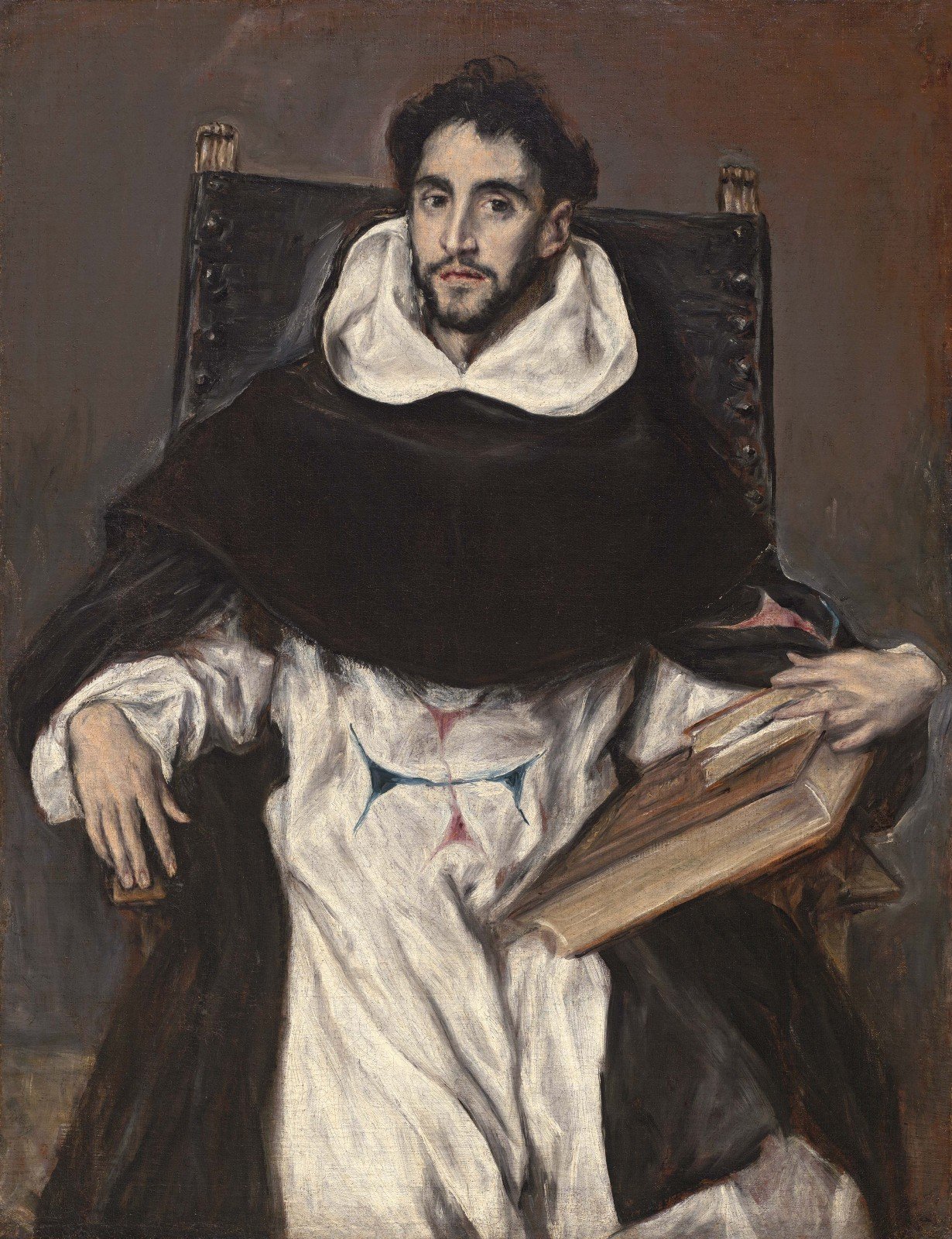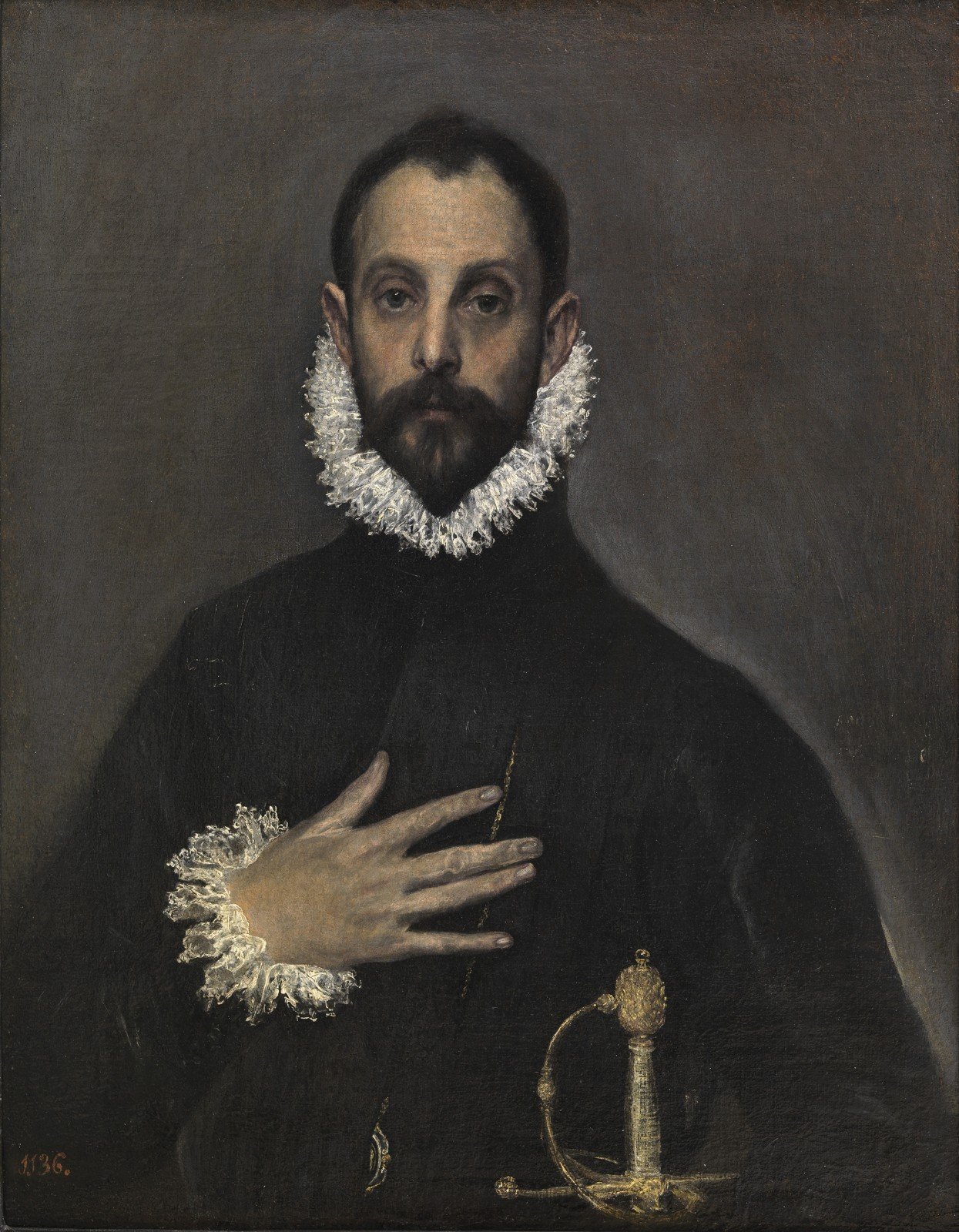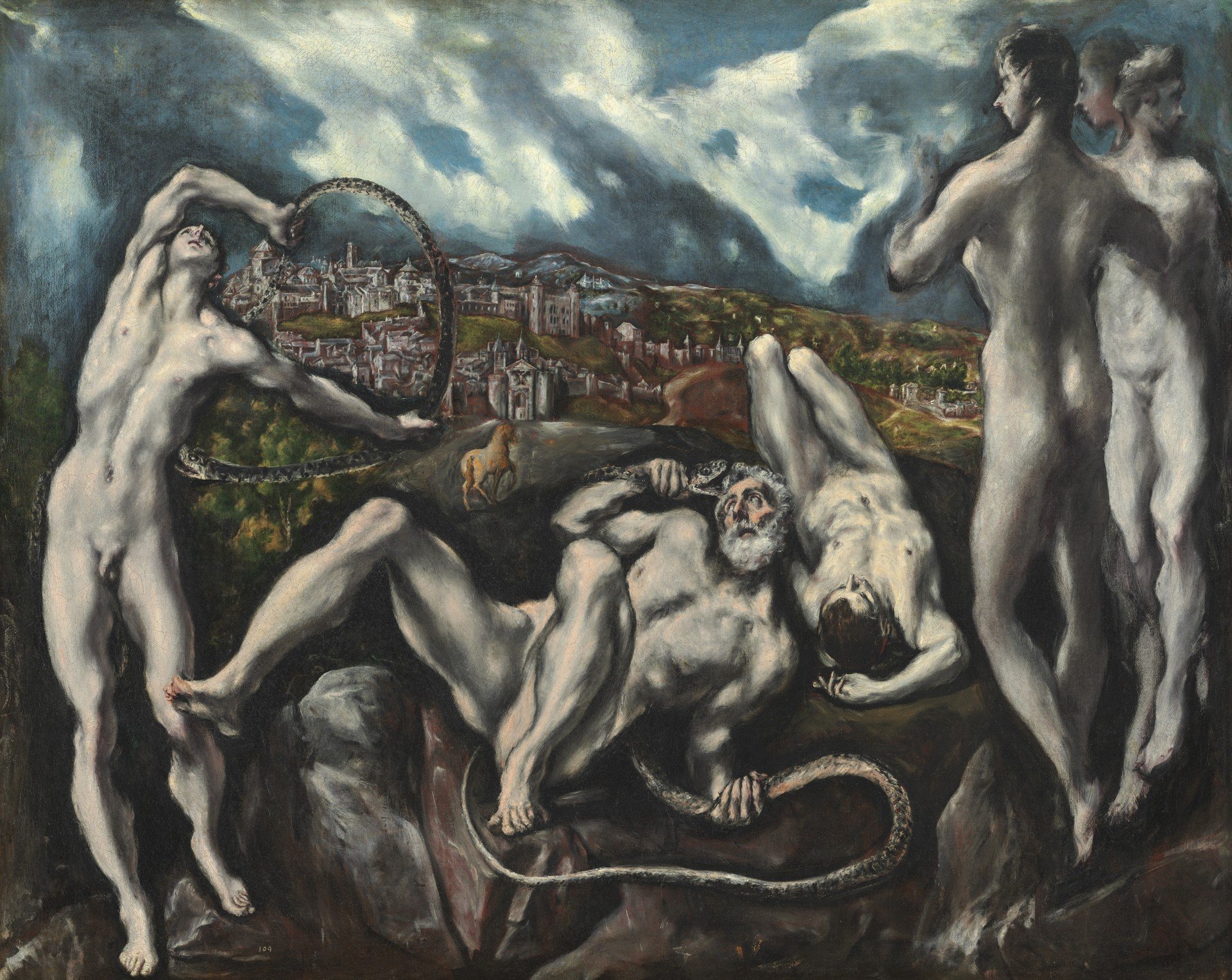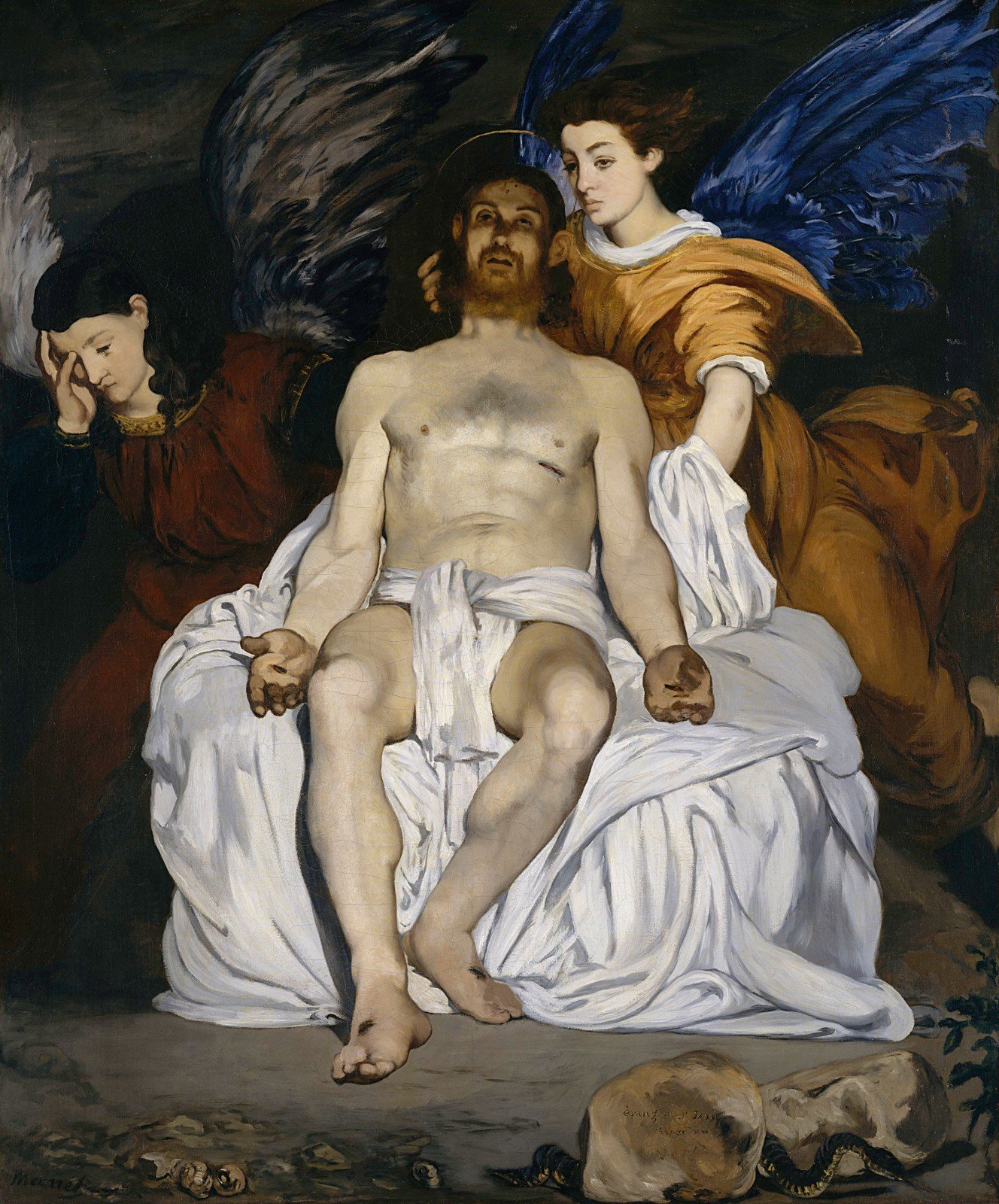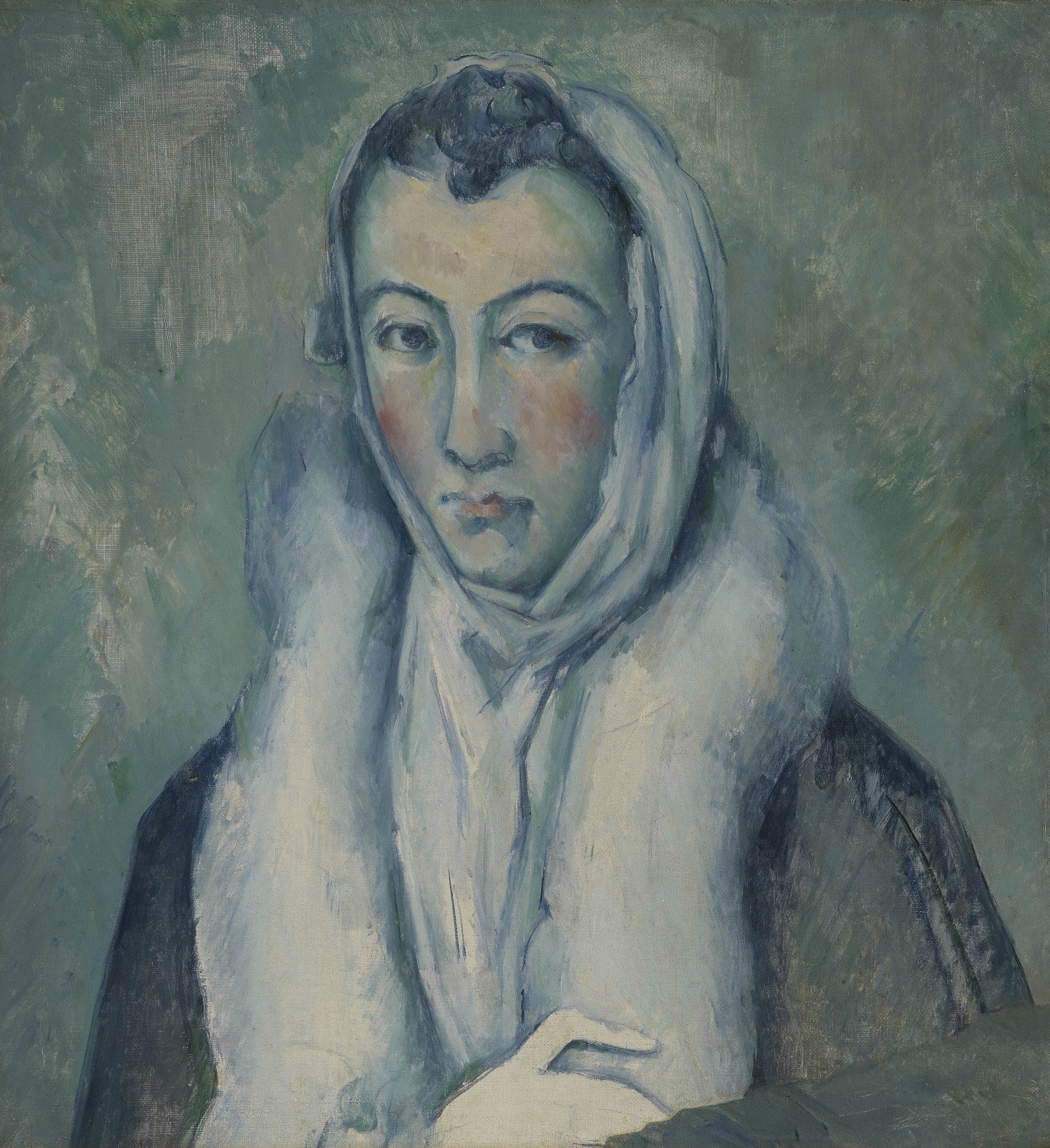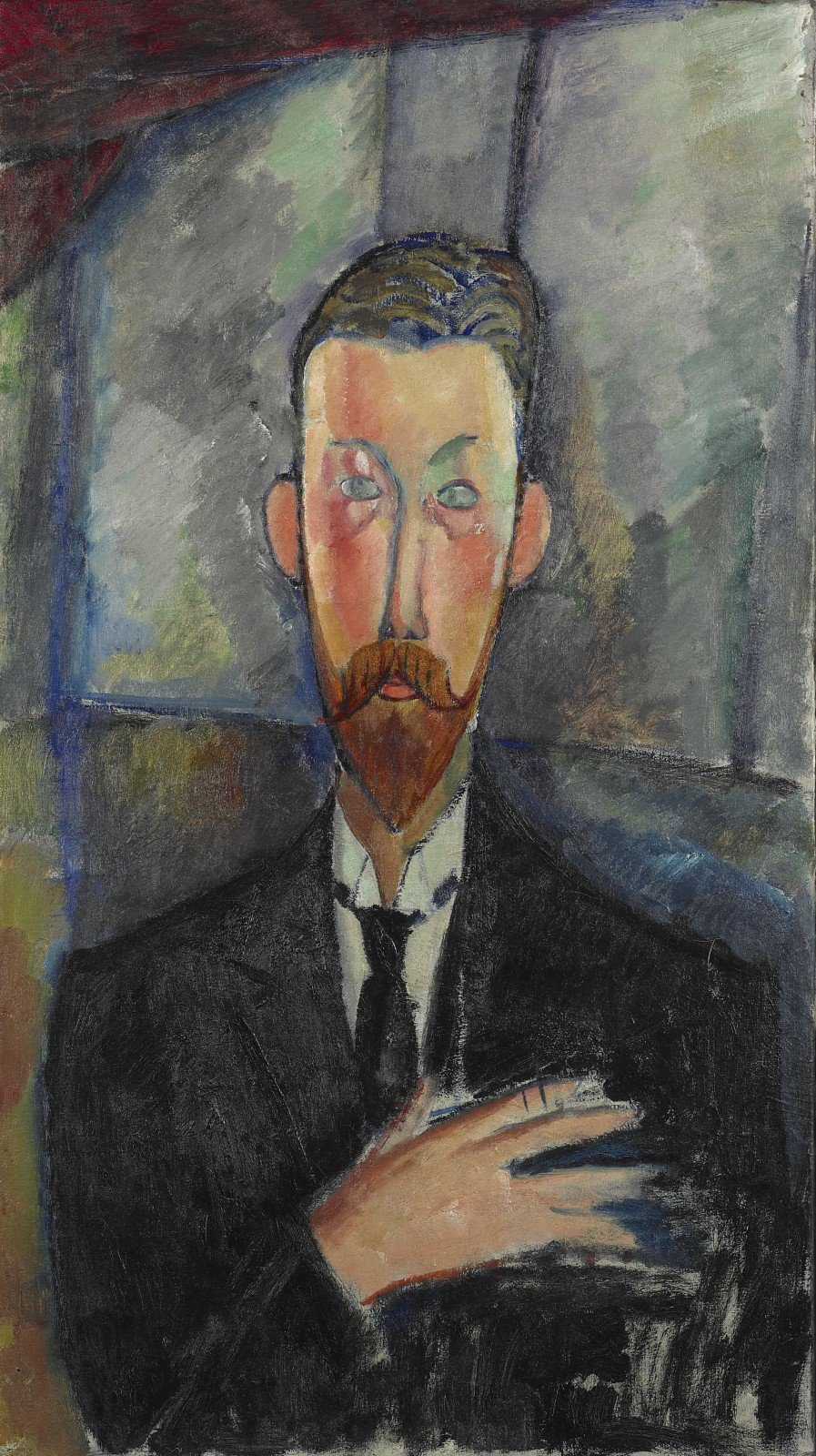In Madrid to discover why Manet, Pollock, Modigliani, or Kokoschka have all been fascinated by El Greco’s painting
- El Greco, Fray Hortensio Félix Paravicino, c. 1609, oil on canvas, 112.1 x 86.1 cm, Boston, Museum of Fine Arts. Isaac Sweetser Fund.Courtesy, Museum of Fine Arts.
- El Greco, A Gentleman with his Hand on his Chest, c. 1580, Oil on canvas, 82 x 66 cm, Madrid, Museo Nacional del Prado.
- El Greco, Laocoön, c. 1608 – 1614, Oil on canvas, 137.5 x 172.5 cm, Washington, D.C., National Gallery of Art. Samuel H. Kress Collection. 1946.18.1.
- Édouard Manet, The Dead Christ with Angels, 1864, Oil on canvas, 179.4 x 149.9 cm, New York, The Metropolitan Museum of Art.H. O. Havemeyer Collection, Bequest of Mrs. H. O. Havemeyer, 1929.
- Paul Cézanne, Lady in a Fur Wrap after El Greco, 1885 – 1886, Oil on canvas, 53 x 49 cm London, Private Collection.
- Amedeo Modigliani, Paul Alexandre, 1913, Oil on canvas, 81 x 45.6 cm. Ruan, Musée des Beaux-Arts.
On 24 June the exhibition “El Greco and Modern Painting” will open at the Prado, in Madrid. This show, which includes more than one hundred works, will investigate the relationship, at times complex, between the art of this old master and the works of some contemporary artists who, somehow, have interpreted his inheritance. The show will also prove the decisive influence that the artist had over on the origins of modern painting.
The exhibition will start with a focus on the attraction that some of the most forward-looking French artists such as Manet and Cézanne felt for El Greco. The core of the exhibition will analyse the continuing influence that the artist exercised on Picasso. In addition, it will include the work of other artists whose relationship with Cubism led them to pursue different directions, such as André Derain, Robert Delaunay, Diego Rivera, Amedeo Modigliani, Chaïm Soutine and Marc Chagall. The exhibition continues with El Greco as the reference point for the emergence and evolution of Expressionism among Central European artists such as Oskar Kokoschka and Egon Schiele and the German painters August Macke and Max Beckmann, as well as for the new aesthetics related to Surrealism.
There will also be a particular interest on the importance of El Greco in relation to the rise of modern painting in America where this artist’s most expressive facets fascinated numerous painters, as evident in the works on display by José Clemente Orozco, Robert Matta and in particular, Thomas Hart Benton and Jackson Pollock. Finally, visitors will be able to appreciate how El Greco’s innovations were frequently a reference point for the angst-ridden, expressive figuration of post-war European art, seen here in the work of Alberto Giacometti, Francis Bacon and Antonio Saura, some of whom produced overt homages to the artist.
“The reason why artists emulate, imitate, quote or copy works by their peers is not merely for the sake of delight as Aristotle maintained, but also to learn about their craft and explore aspects of the history of art” wrote the scholar Estelle Alma Maré in her paper “El Greco, a mediator of modern painting”. “However, not all artists of the past were or are copied in modern times. Therefore, the fact that El Greco (…) has received renewed attention, not only from various art historians but also from individual painters during the late nineteenth, throughout the twentieth and also now in the twenty-first century, is worthy of art historical research”.
September 22, 2014

